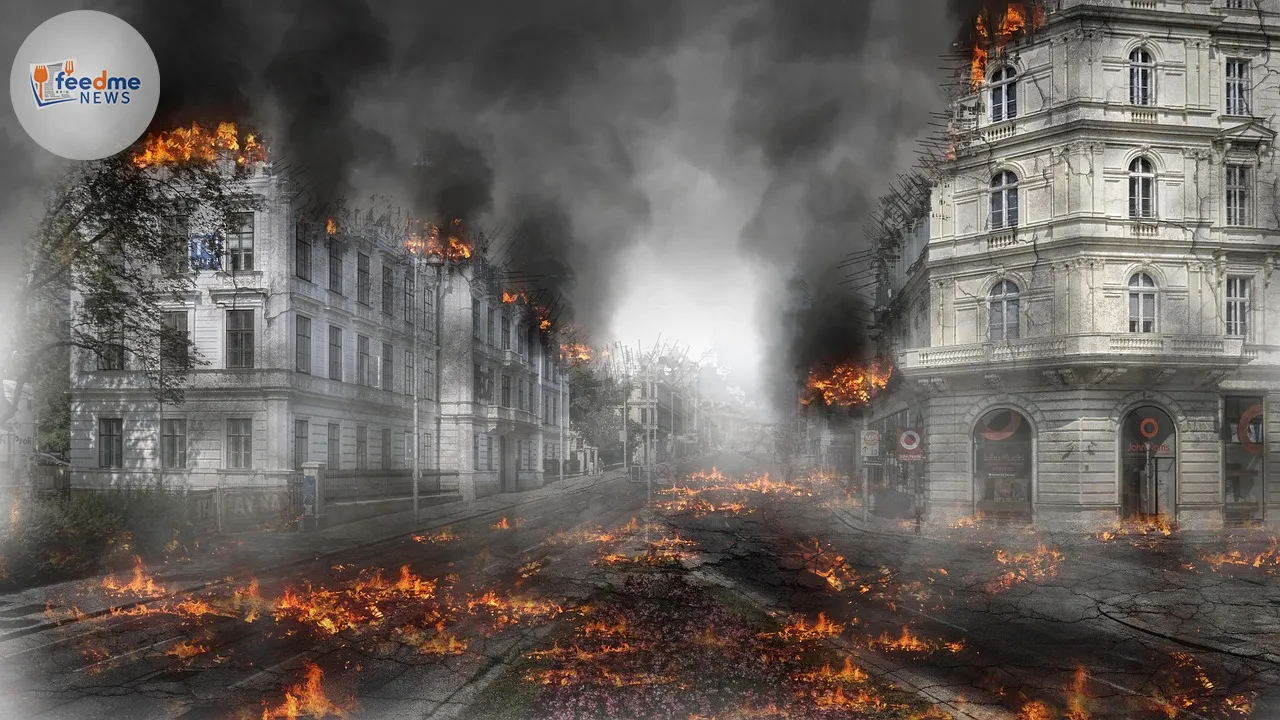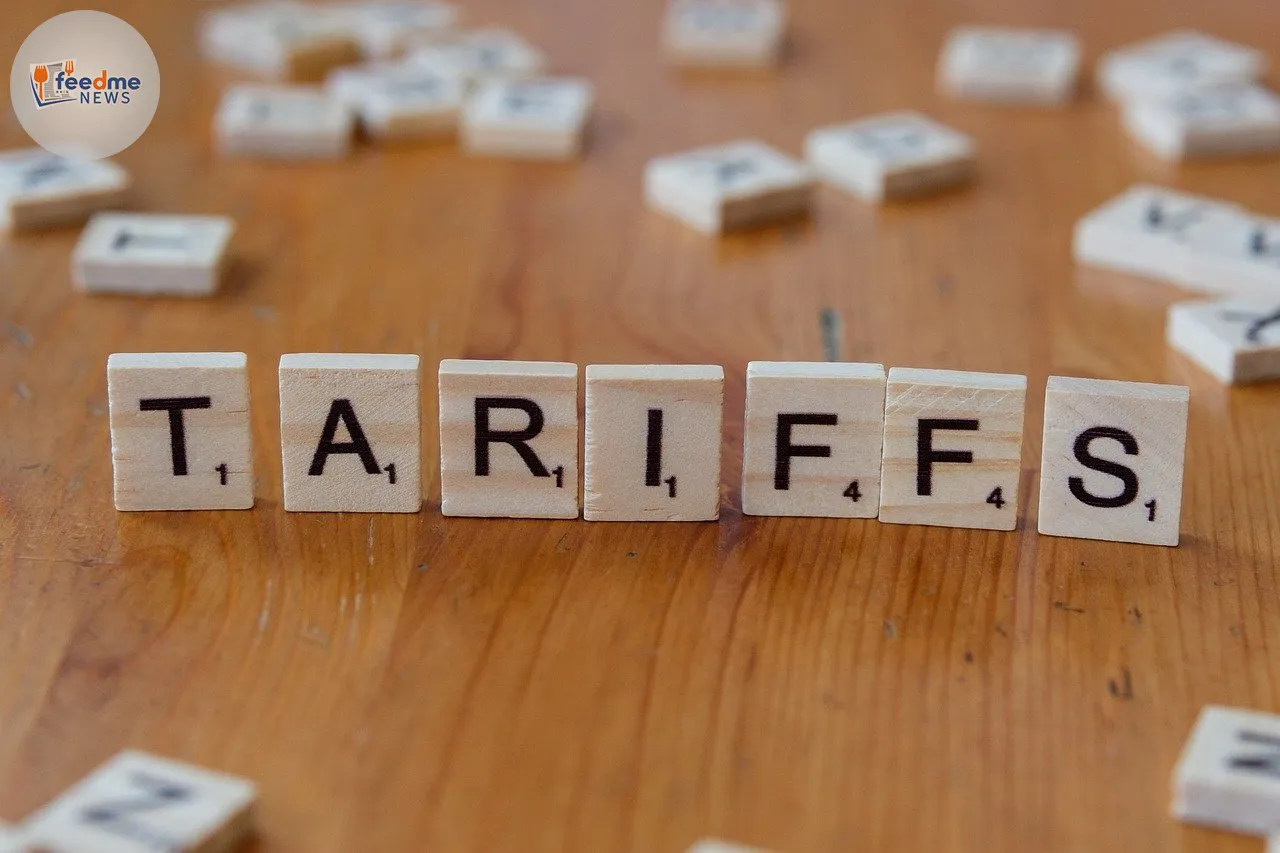In a recent statement that has stirred international discourse, former US President Donald Trump has criticised Ukrainian President Volodymyr Zelensky, suggesting he shares responsibility for the ongoing war casualties in Ukraine. Trump’s remarks have sparked a flurry of reactions, adding another layer of complexity to the already tense geopolitical situation involving Ukraine and Russia.
The comments were made during a public appearance on Monday, April 14, 2025, in a speech where Trump addressed the current state of international affairs. He offered a controversial perspective, implicating not only Russian President Vladimir Putin but also Zelensky and US President Joe Biden in the escalation of the conflict. This narrative, while not new from Trump, has drawn sharp criticism from both political analysts and international leaders.

Trump’s Remarks on the Ukraine Conflict
During his speech, Trump asserted that the Ukrainian leadership, alongside Putin and Biden, bears responsibility for the human toll of the conflict. “Zelensky could have done more to prevent this tragedy,” Trump stated, suggesting that diplomatic solutions were not sufficiently pursued by the Ukrainian government. He further criticised President Biden for his handling of the situation, claiming that stronger leadership from the US could have deterred the conflict.
Trump’s statements have drawn a mix of condemnation and support. Critics argue that his comments oversimplify the complex geopolitical dynamics at play, while supporters claim he is highlighting a need for broader accountability. These remarks come at a time when diplomatic efforts continue to resolve the conflict, with limited success.
Reaction from International Leaders
The international community has reacted swiftly to Trump’s assertions. Ukrainian officials have rejected the former president’s claims, defending Zelensky’s efforts to protect Ukraine’s sovereignty and highlighting the ongoing humanitarian and military support they have received from Western allies.
In a statement from Kyiv, a Ukrainian government spokesperson said, “President Zelensky has been at the forefront of seeking peace and defending our nation against aggression. It is misleading to suggest otherwise.” Furthermore, European leaders have expressed concern that Trump’s comments could undermine solidarity among Western allies supporting Ukraine.
Background on the Ukraine-Russia Conflict
The conflict in Ukraine began in 2014 with Russia’s annexation of Crimea, leading to ongoing tensions and sporadic violence in Eastern Ukraine. The situation escalated significantly in 2022 when Russia launched a full-scale invasion, drawing international condemnation and a robust response from NATO countries.
President Zelensky, elected in 2019 on a platform promising to resolve the conflict, has faced immense challenges in navigating the crisis. His administration has worked to garner international support, resulting in significant military aid from the US and European nations. However, the conflict remains unresolved, with heavy casualties and widespread displacement.
The Role of US Leadership
Trump’s criticism of President Biden’s handling of the Ukraine crisis also highlights a broader debate over US foreign policy. Since taking office, Biden has prioritised rebuilding alliances and supporting Ukraine through military and humanitarian aid. However, Trump argues that Biden’s approach lacks the decisive action needed to deter Russian aggression effectively.
Political analysts are divided on this issue. Some believe Biden’s strategy of rallying international support is crucial, while others, echoing Trump’s sentiments, suggest that a more assertive stance could have been more effective. This debate continues to shape the discourse on US foreign policy and its role in global conflicts.
Implications for Future Diplomacy
Trump’s remarks underscore the challenges facing diplomatic efforts to end the conflict in Ukraine. As the war continues, with mounting casualties and a humanitarian crisis, the international community is under pressure to find a resolution. The former president’s comments may complicate these efforts, potentially affecting US influence in ongoing negotiations.
Looking ahead, the focus remains on achieving a peaceful resolution. The international community, including the US, continues to call for a ceasefire and renewed dialogue. While Trump’s comments have sparked debate, the priority remains supporting Ukraine and ensuring regional stability. As diplomatic efforts proceed, the world watches closely, hoping for a path to peace.
In this evolving geopolitical landscape, the responsibility of global leaders to navigate complex challenges and pursue lasting solutions is more critical than ever. The conflict in Ukraine serves as a stark reminder of the importance of international cooperation and the pursuit of peace.





